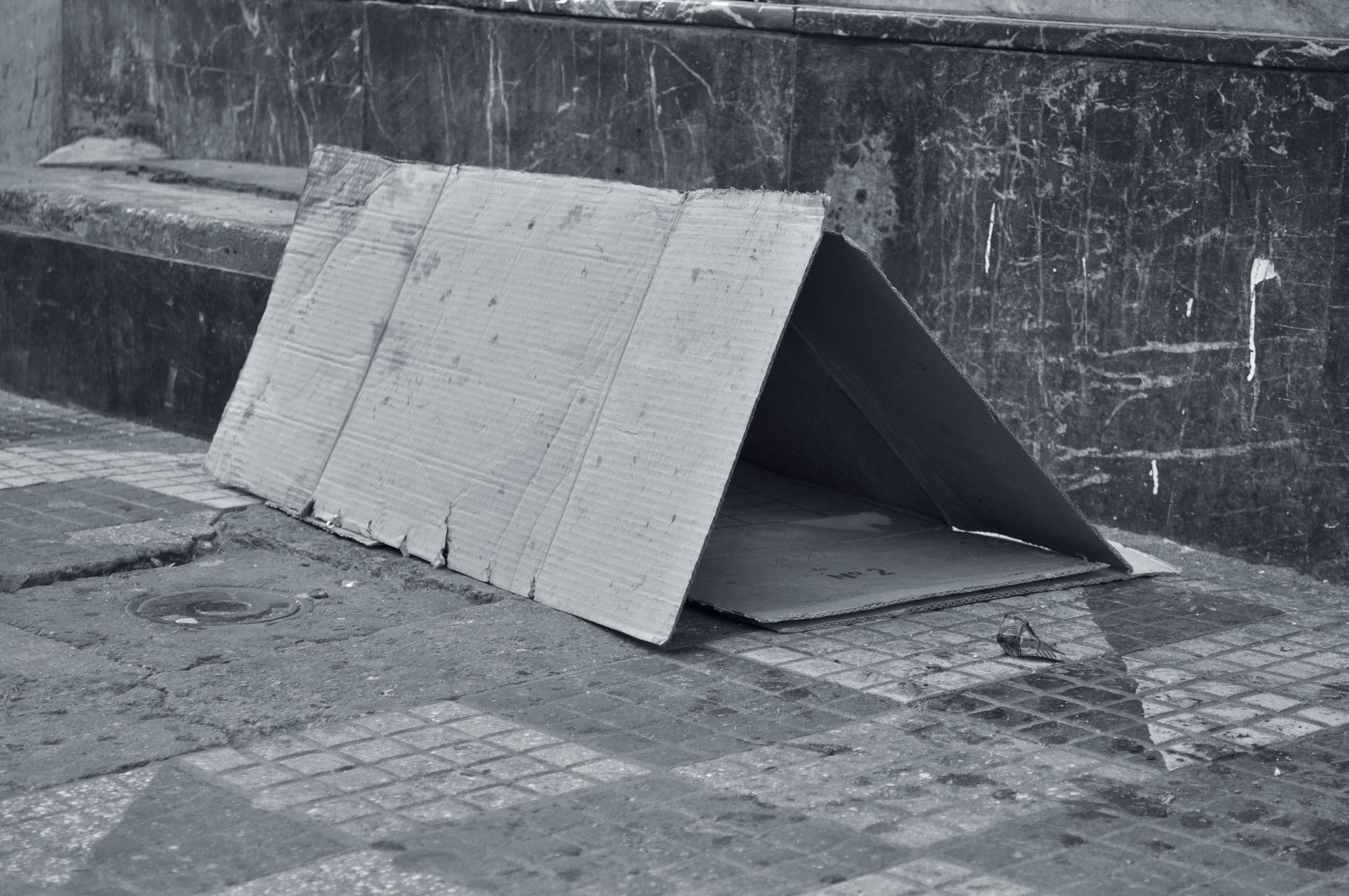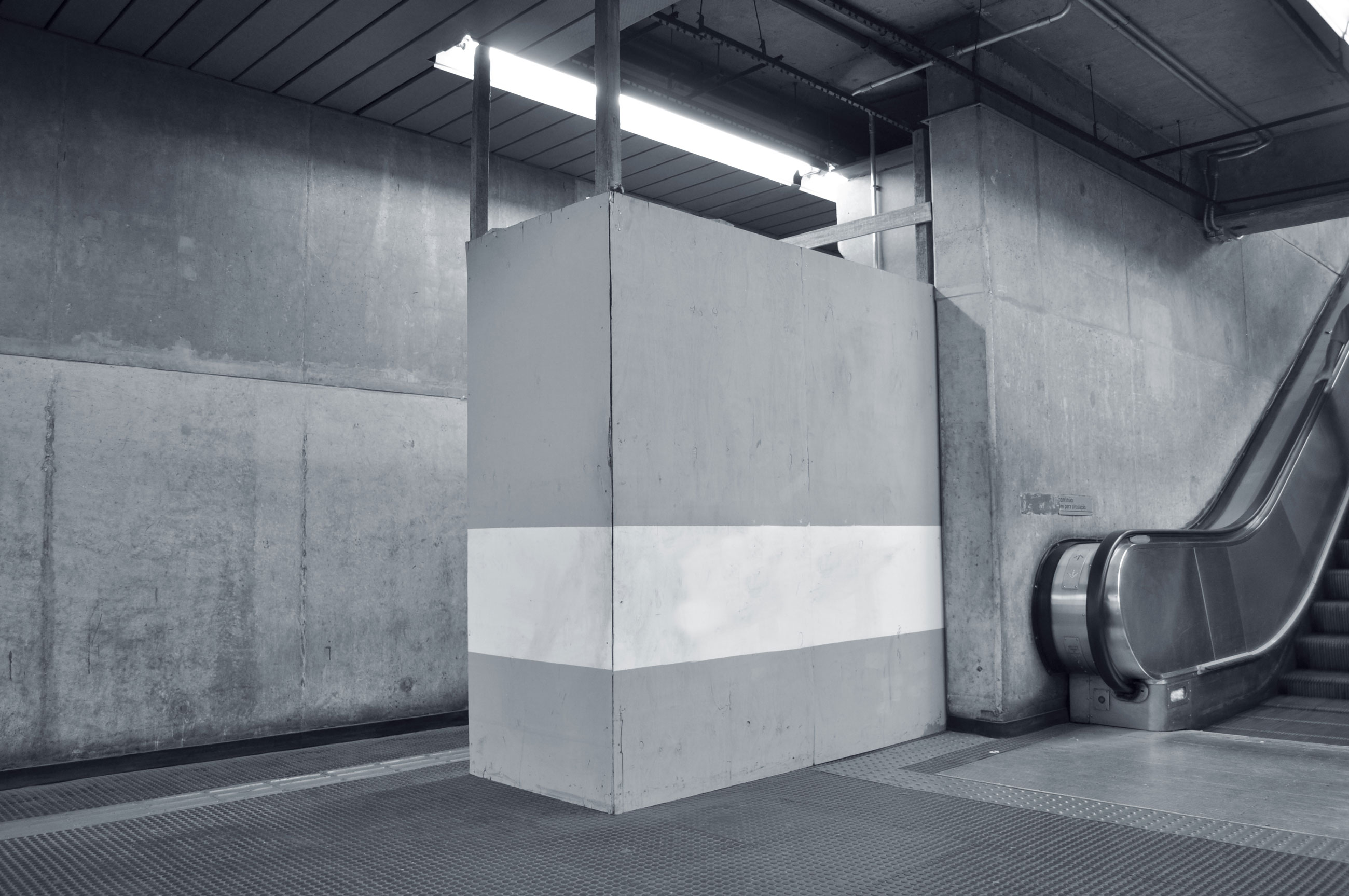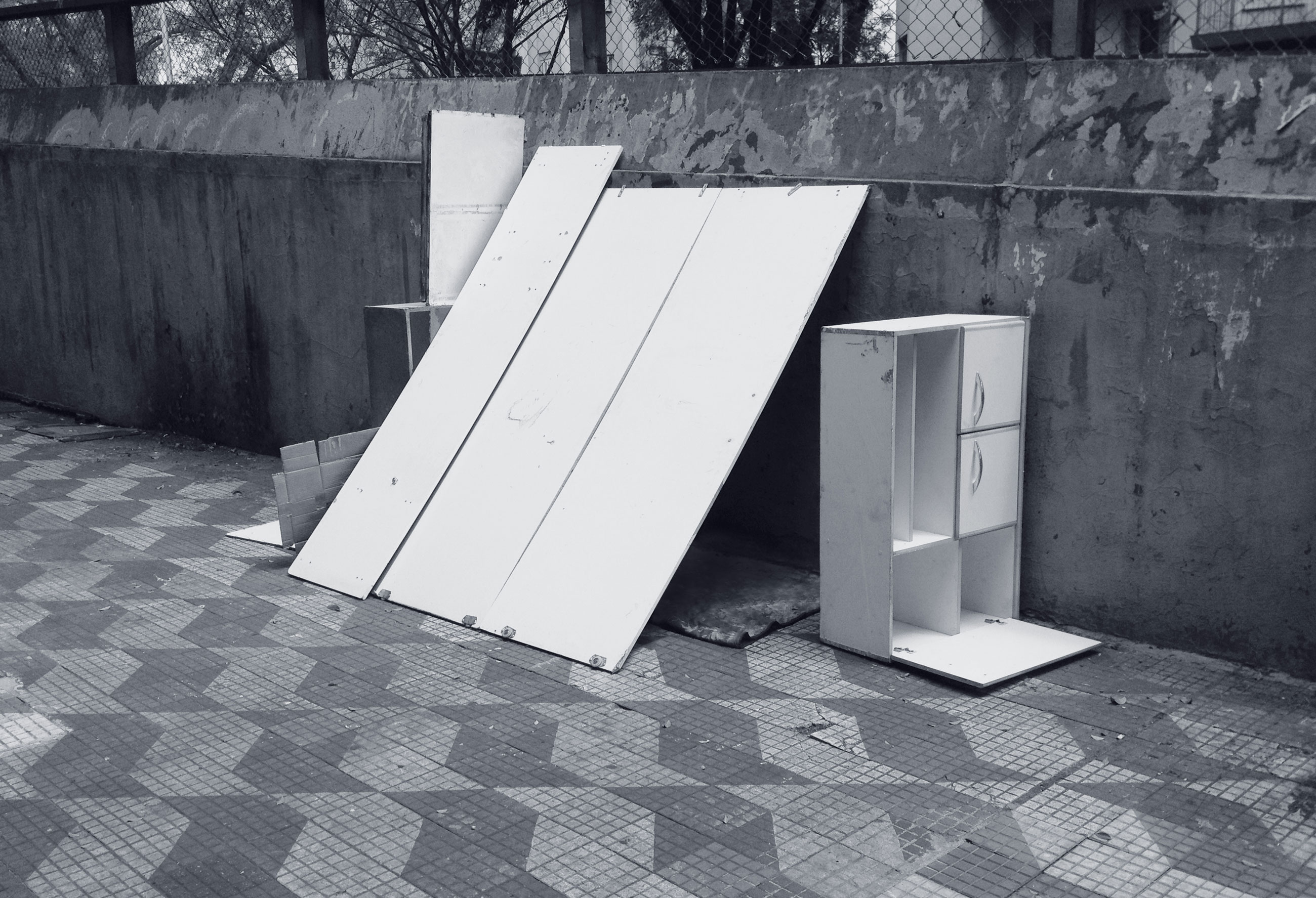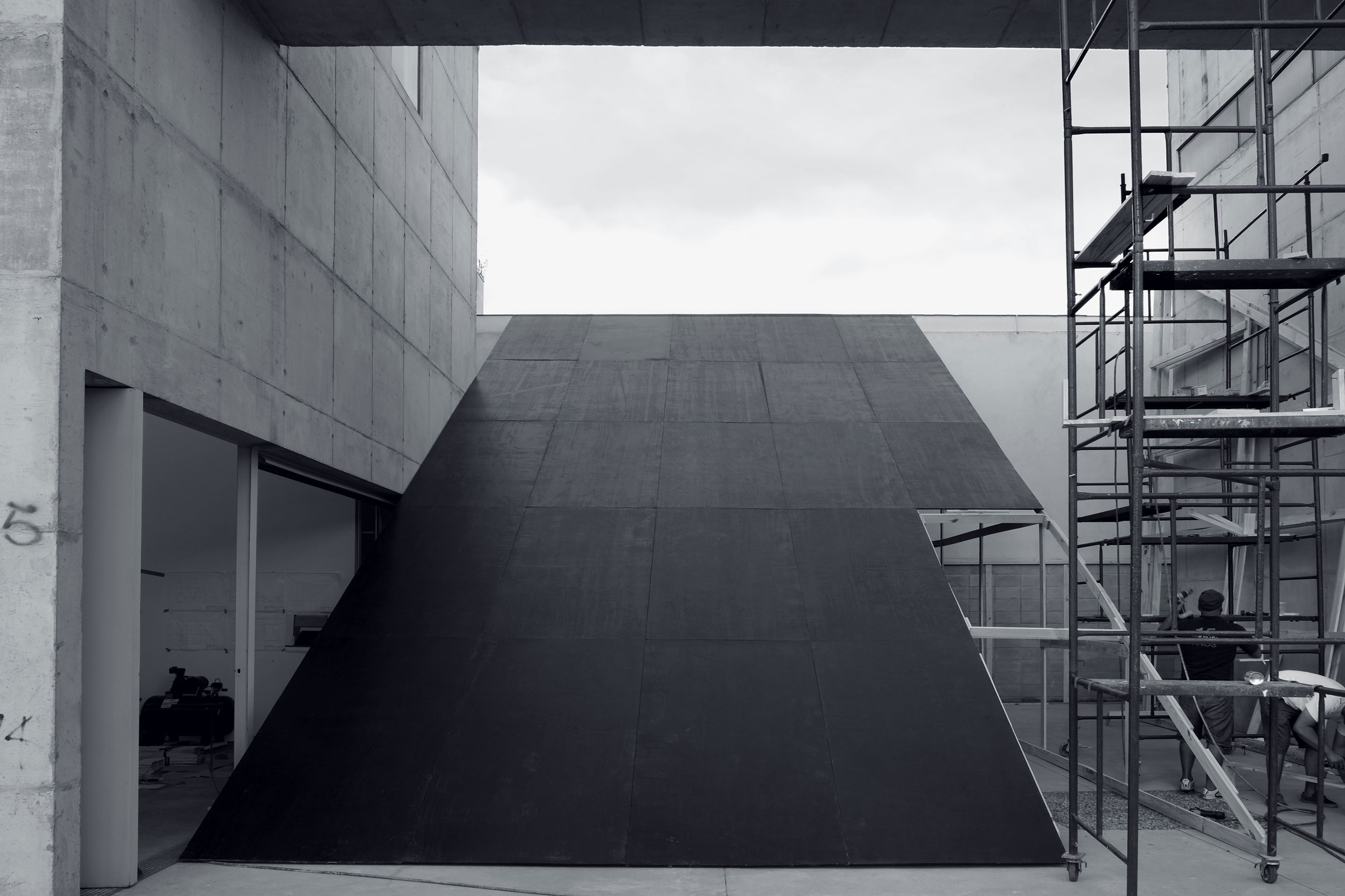The order in urban informality
closeVolatile forms of spatial occupation proliferate in the gaps of the city. These forms evade the pragmatism of urban planning and of the authorized visions for the metropolis. They generate informal and illegal urban universes through provisional appropriations of (semi)public or private spaces and the creation of makeshift structures that are cumulatively coupled to the ‘official’ city. Such unprompted manifestations are commonly understood as the result of opportunistic actions over the breaches of urban legislation. But they could also be seen as survival or resistance strategies that a part of the population performs in order to deal with a city that is shaped by the imperative of capital and by a discriminatory logic in the definition and implementation of law.1
São Paulo, July 2010. Photo by Ricardo Alcaide

Contrary to what one might expect, it is not due to a lack of urban planning or legislation that Brazilian cities are subjected to this tug-of-war between predatory and parasitic forces. Despite a vast legal apparatus that regulates the management and construction of urban space, this set of laws usually disregards the clandestine nature in which a large part of the population lives, especially in relation to housing and land occupation.2 This ‘strategic lapse’ has major political consequences, since instituting outlawed territories is also a way of excluding their inhabitants from the bureaucratic responsibilities of the official city, and therefore assigning them a limited state of citizenship.3
São Paulo, August 2011. Photo by Ricardo Alcaide

The implementation of law according to this discriminatory logic produces territorial boundaries through physical, economic and ideological obstacles that have been fundamental tools for a strategic employment of power enforced by a privileged minority. Shifting forms of spatial occupation exist in resistance to these obstacles, and constantly disrupt the legislated urban environment. These forms not only resist the city´s regulations but also create other possibilities for its use and function, such as: the occupation of derelict buildings; the adaptation of public areas into domestic spaces by those excluded from housing policies; the provisional appropriation of sidewalks with informal stalls erected by those unable to legalize their business, among other examples arising from those individuals who are not granted the right to have working and living conditions beyond the strict prospect of survival.
São Paulo, January 2013. Photo by Ricardo Alcaide

Given the impossibility of containing, expelling or hiding these forms of appropriation and use of space, some flexible rules have been established, based on informal negotiations and agreements between the ‘official city’ and those who subvert it. Through these arrangements a number of territorial pacts have been instituted, which despite being parallel to the sanctioned legal-normative order never cease to be in dialogue with it. Such tolerated illegality results in an institutionalization of precariousness. This situation, rather than responding to the needs of the population, leads to a normalization of unregulated and unsustainable conditions. Thus, the state of consented illegality is paradoxically functional for the maintenance of the status quo founded by political relations that support the interests of the ruling classes and of the speculative real estate, among other businesses. Thus, what at a first glance could be understood as a structuring of urban space based on predatory and parasitic dynamics, is in fact a much more complex and convenient equilibrium.
SITU #3, Informal Order, 2016, construction of the installation, Galeria Leme, São Paulo. Photo by Ricardo Alcaide

Curatorial text for SITU #3, Informal Order by Ricardo Alcaide, Galeria Leme, São Paulo.
-
Ermínia Maricato. O impasse da política urbana no Brasil. Petrópolis, RJ: Editora Vozes, 2011
-
Ermínia Maricato. 'As idéias fora do lugar e o lugar fora das idéias'. In: Otília Arantes, Carlos Vainer, Ermínia Maricato. A cidade do pensamento único: desmanchando consensos. Petrópolis, RJ: Editora Vozes, 2000
-
Raquel Rolnik. 'Para além da lei: legislação urbanística e cidadania (São Paulo 1886-1936)'. In: Maria Adélia A Souza; Sonia C. Lins; Maria do Pilar C. Santos; Murilo da Costa Santos. (Org.). Metrópole e Globalização- Conhecendo a cidade de São Paulo. São Paulo: Editora CEDESP, 1999